Nestled on Thawornwitee Road in Thailand, Wat Thawornwararam is a picturesque temple revered for its stunning architecture and tranquil ambiance, perfect for visitors seeking spiritual solace and cultural insight.
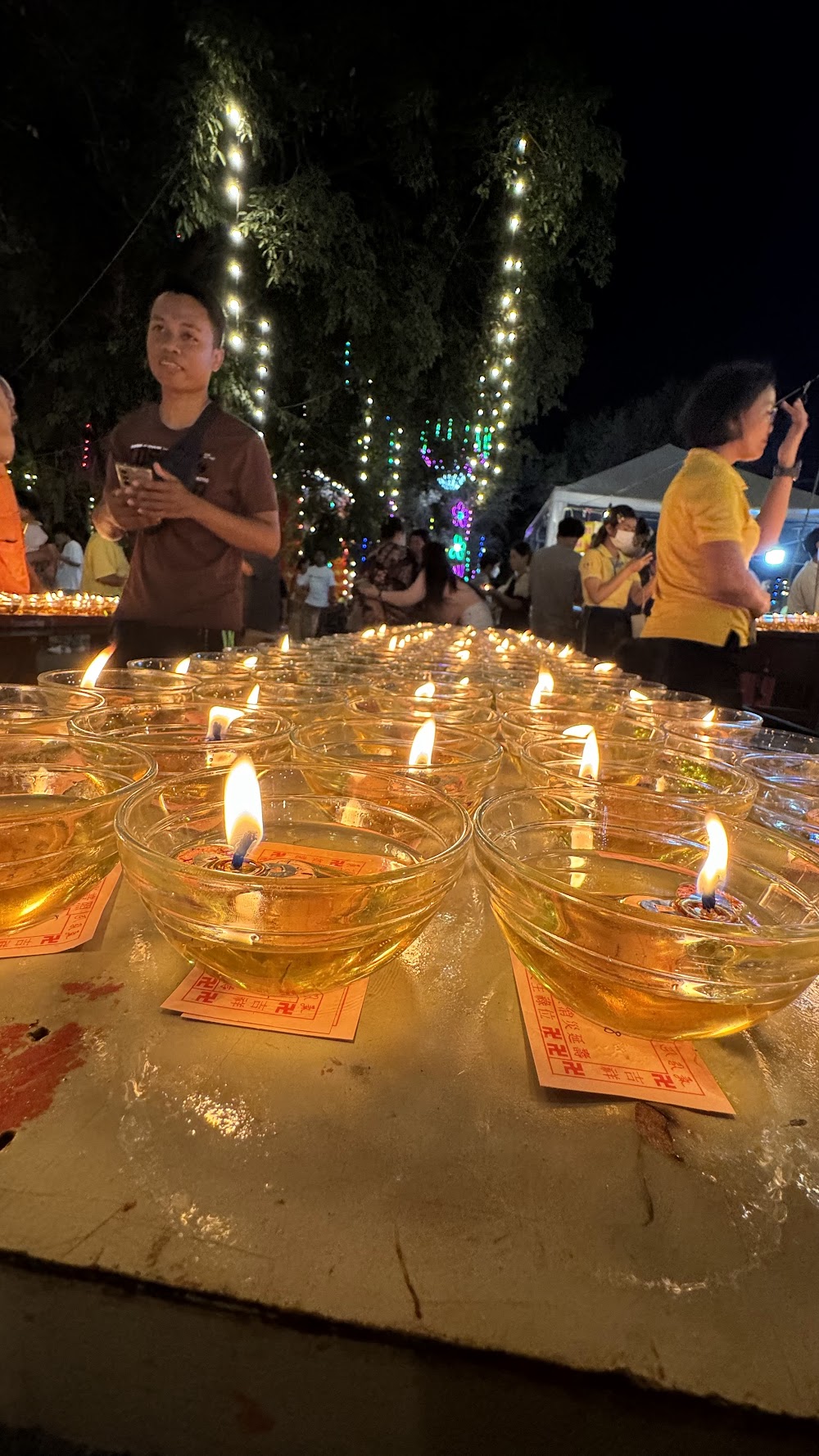

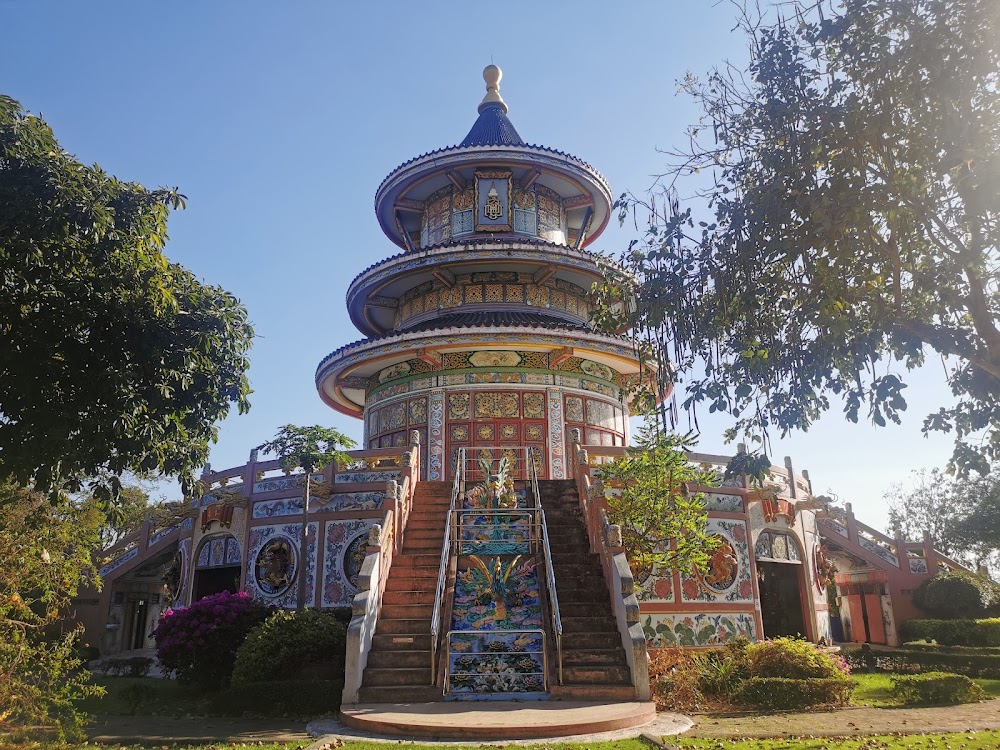
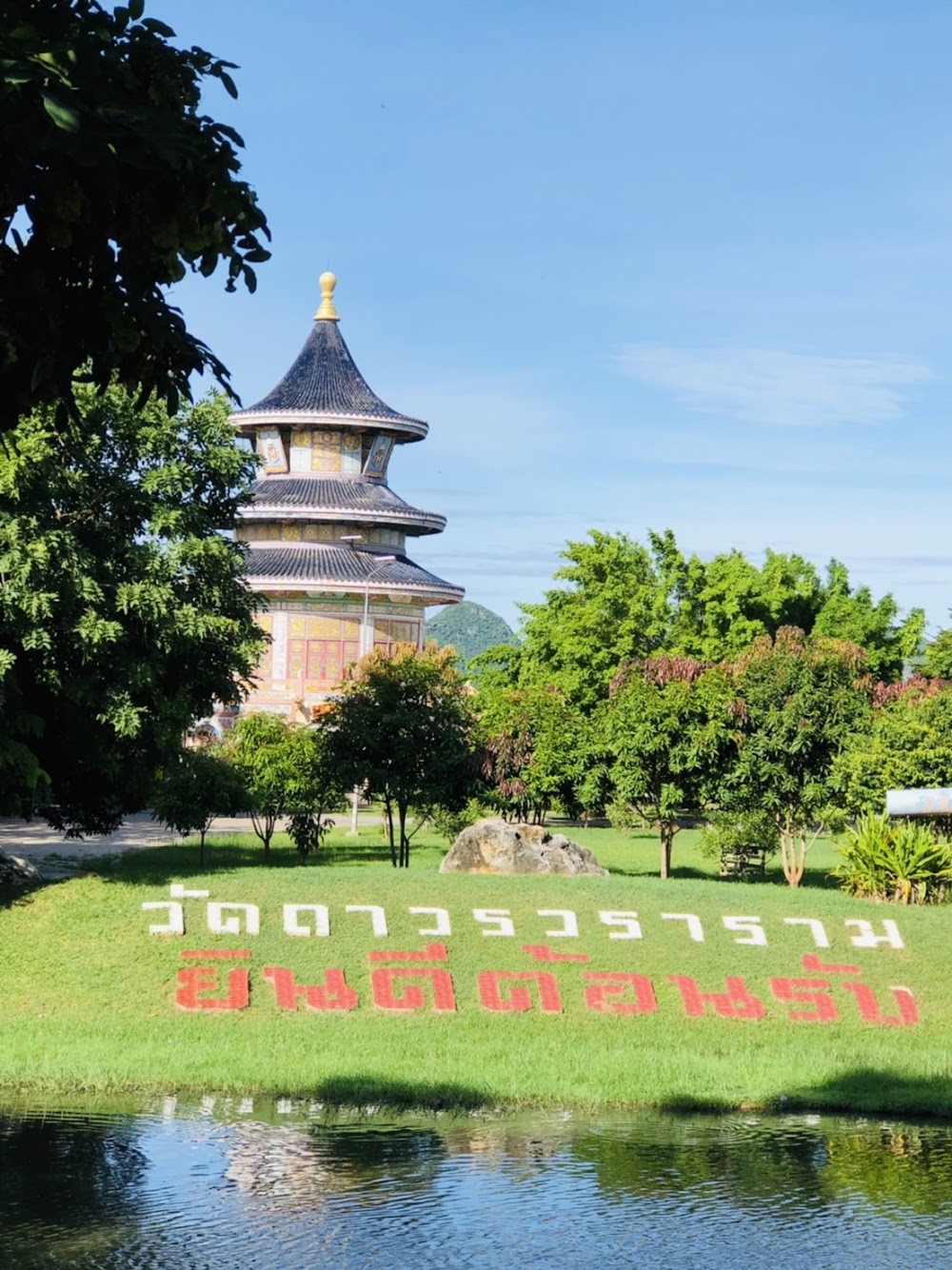






Wat Thawornwararam, located on Thawornwitee Road in Thailand, is an architectural gem that captures the essence of Thai cultural heritage. This serene temple attracts locals and tourists alike, offering a peaceful retreat amid the bustling surroundings. Visitors can explore its intricately designed structures that reflect traditional Thai artistry and craftsmanship. The beautiful surroundings and contemplative atmosphere make it an ideal spot for meditation and reflection. The temple hosts various ceremonies and community events, providing a deeper understanding of local traditions and Buddhist practices. With its rich history and welcoming environment, Wat Thawornwararam serves as a vital spiritual center, promoting harmony and mindfulness in the community. Embarking on a journey to this tranquil haven allows for both personal reflection and appreciation of Thailand’s spiritual landscape. Whether you’re drawn by the intriguing architecture or the peaceful atmosphere, a visit to Wat Thawornwararam promises an enriching experience.
Wat Thawornwararam (เมืองกาญจนบุรี, ไทย) - รีวิว - ThailandAgoda.com
Attractions
6 miles

0.00 miles
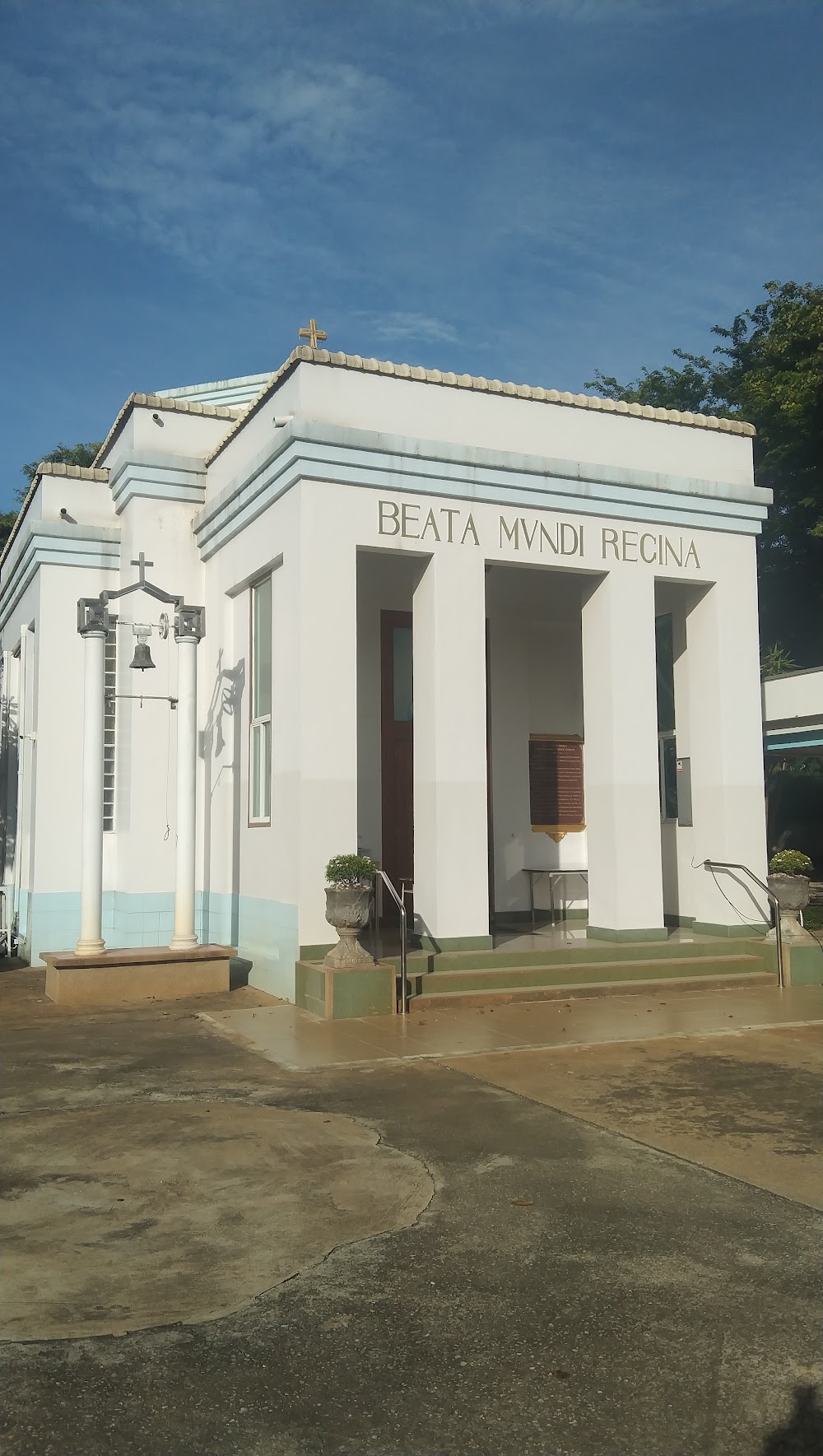
0.21 miles
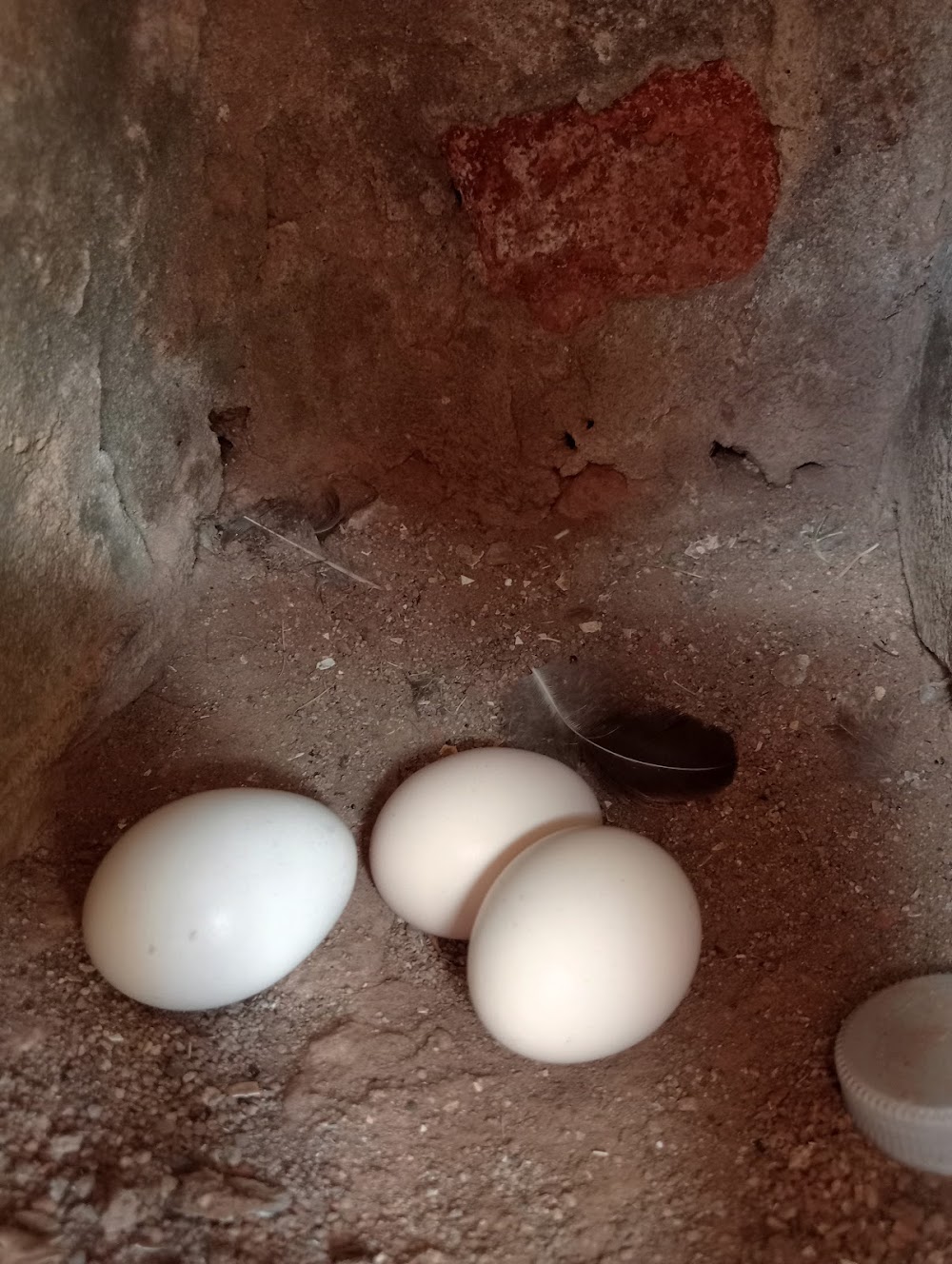
0.23 miles
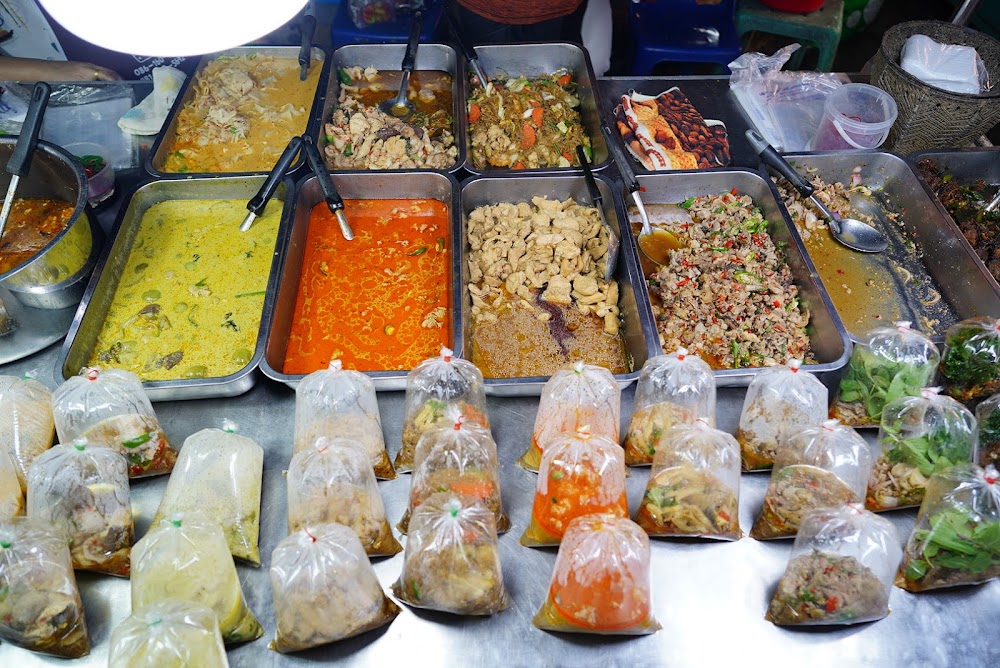
0.34 miles
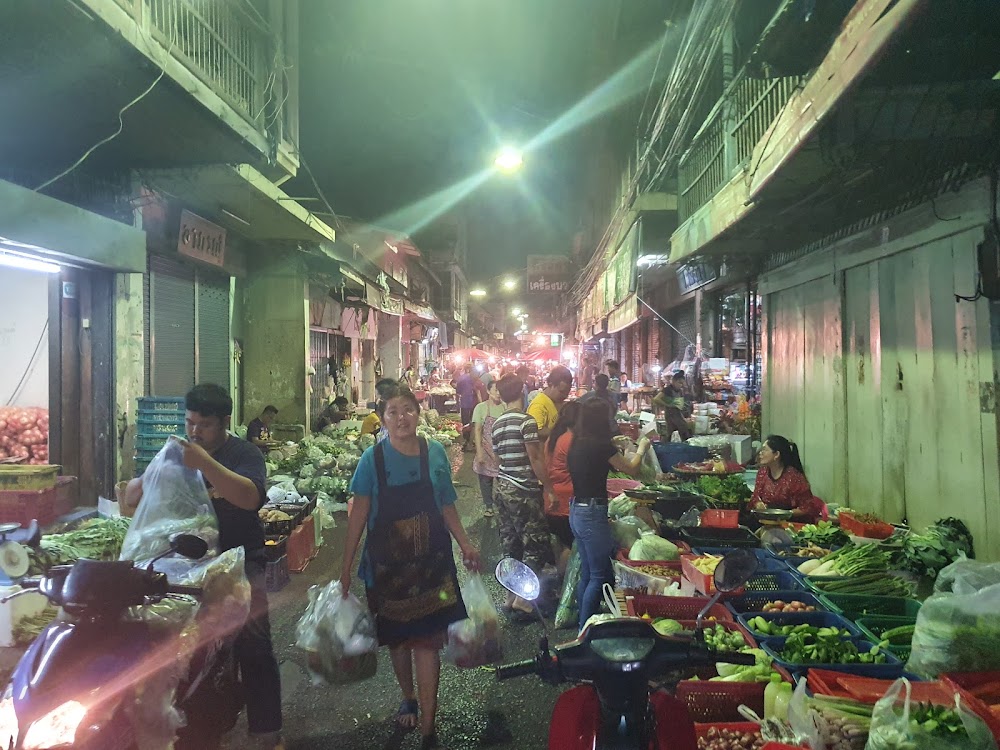
0.37 miles
0.41 miles
0.53 miles
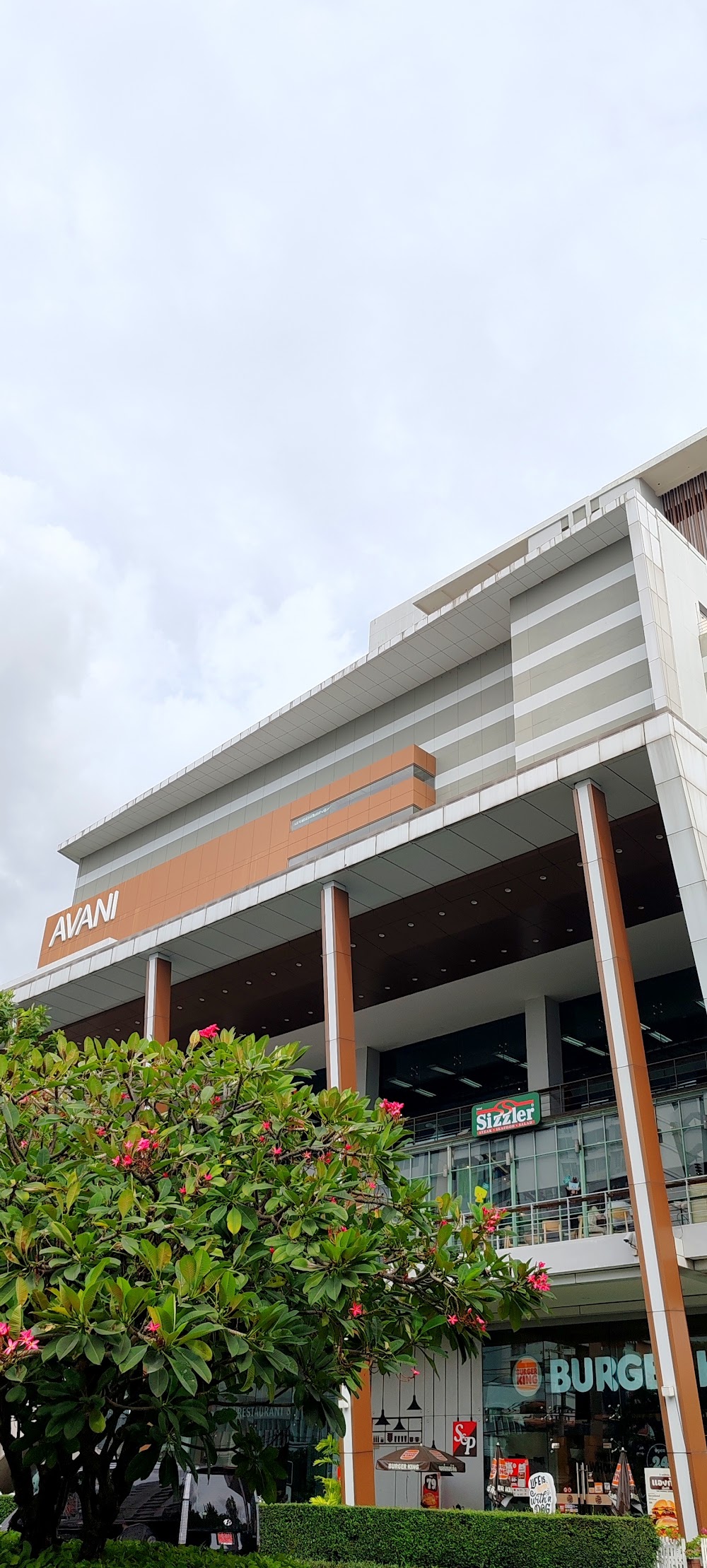
0.56 miles
0.58 miles

0.66 miles
Wat Thawornwararam is perched on a picturesque hilltop overlooking Thawornwitee Road, 71000, Thailand
It’s a typical thai temple, a lot like every other you might have seen. Beautiful architecture, beautiful Buddhas but still an average temple.
The whole area is really nice including this pagoda. The best time to visit is right when the sun is coming up it casts a really nice golden glow on the wat itself. The small temple on the hill is also pretty interesting as well as the rock garden towards the bridge.
Such a big area and so many beautiful sculptures and objects of worship, we hired a bicycle (50 baht per day) to get around. The artistry and skill demonstrated in the creating of this Wat is amazing. So uniquely Thai. The Chinese temple adjacent to the main Wat complex stands in contrast and is also beautiful in its own way. The rock garden was a highlight.
This is a rather typical but interesting Chinese style temple. Not necessarily a destination in and of itself, but it is just behind the main WW2 War Graves cemetery in KAN and near other attractions like museums and temples. Nice place to view river.
This Chinese Style is located just right next to the War Cemetery. If you visit the area, consider visit the temple. If you do not have time to visit the temple, stroll around the cemetery area. It has a few religious sculptures on display. It is a contrast to the War Cemetery next door. This temple is also known as Wat Yuan (Vietnamese Temple).
Chinese style temple (Chinese characters and calendar animals are everywhere) with colorful pagodas and adjoining cemetery. There is nice riverfront where sunset can be observed. Free access for including car. Quite a lot stray dogs wandering around, stay away from them, they may bite.
Since my last visit I discovered an interesting (for me anyway) linkage between this temple and the CWGC Cemetery next to it. Of course, the War Cemetery as it is often referred to, is main attraction of the tourist circuit, few if any visit the adjacent cemetery. At first glance it appears to be a typical and rather uninteresting Chinese family cemetery. BUT in the center is a memorial obelisk dedicated to the Asian workers (as opposed to the Allied POWs) who worked the Thai-Burma Railway. Unfortunately , for them. this memorial is extremely low key. Th short inscription is in Chinese and makes no actual mention of the purpose of the memorial nor the remains it contains. 75years out from the end of WW2, we are at great risk of losing the meaning of this memorial. It is said to contain the remains of up to 10,000 Asians (likely mainly Tamils); These remains were unearthed in the post-war period as road and building construction disturbed the area that had once been a holding area for Asian TBR workers.